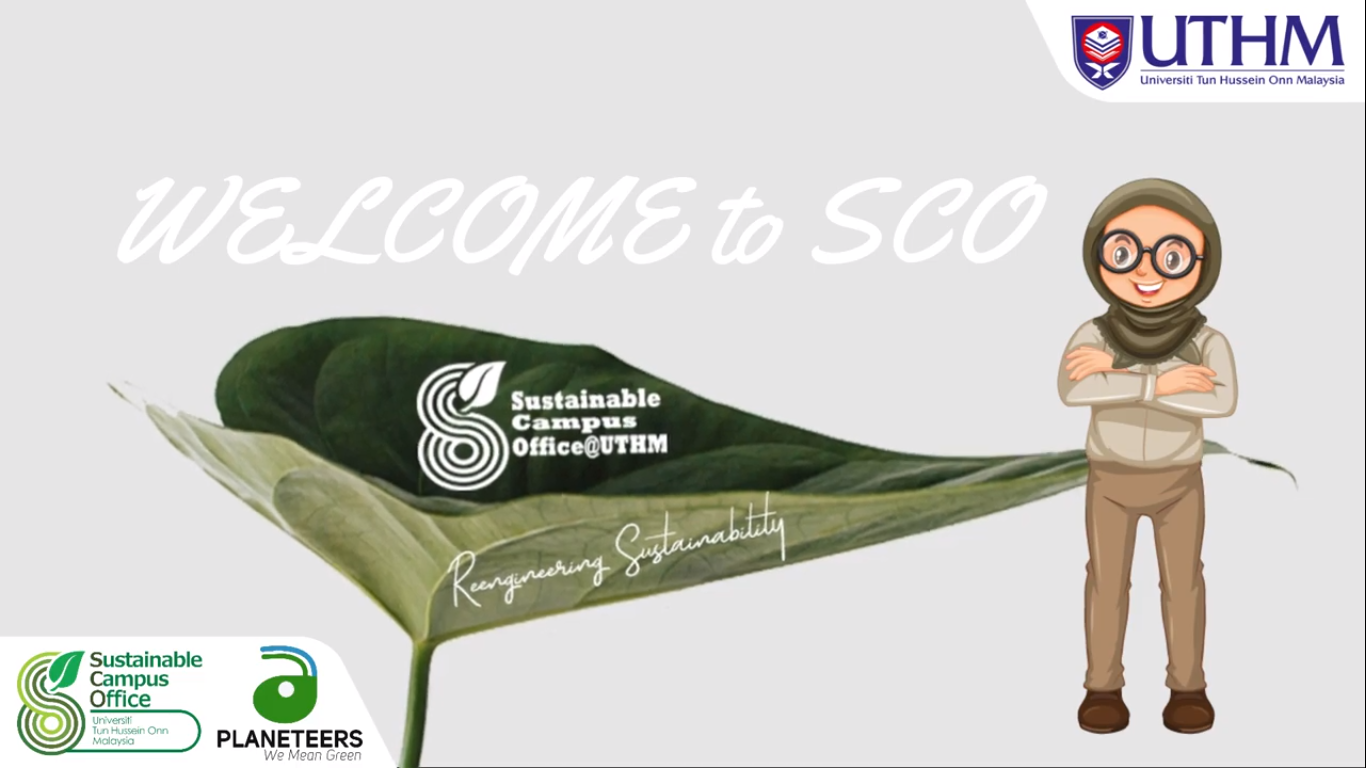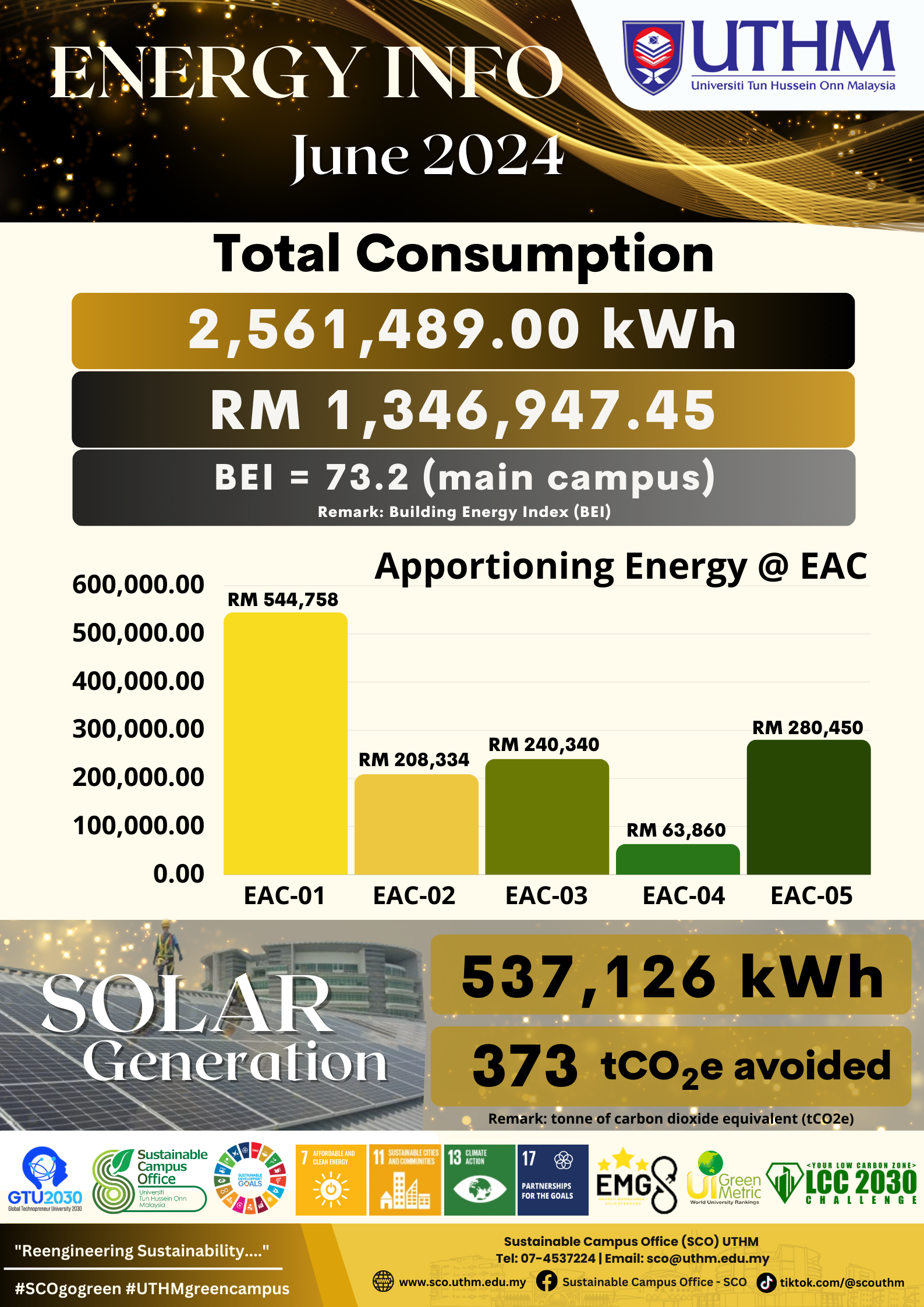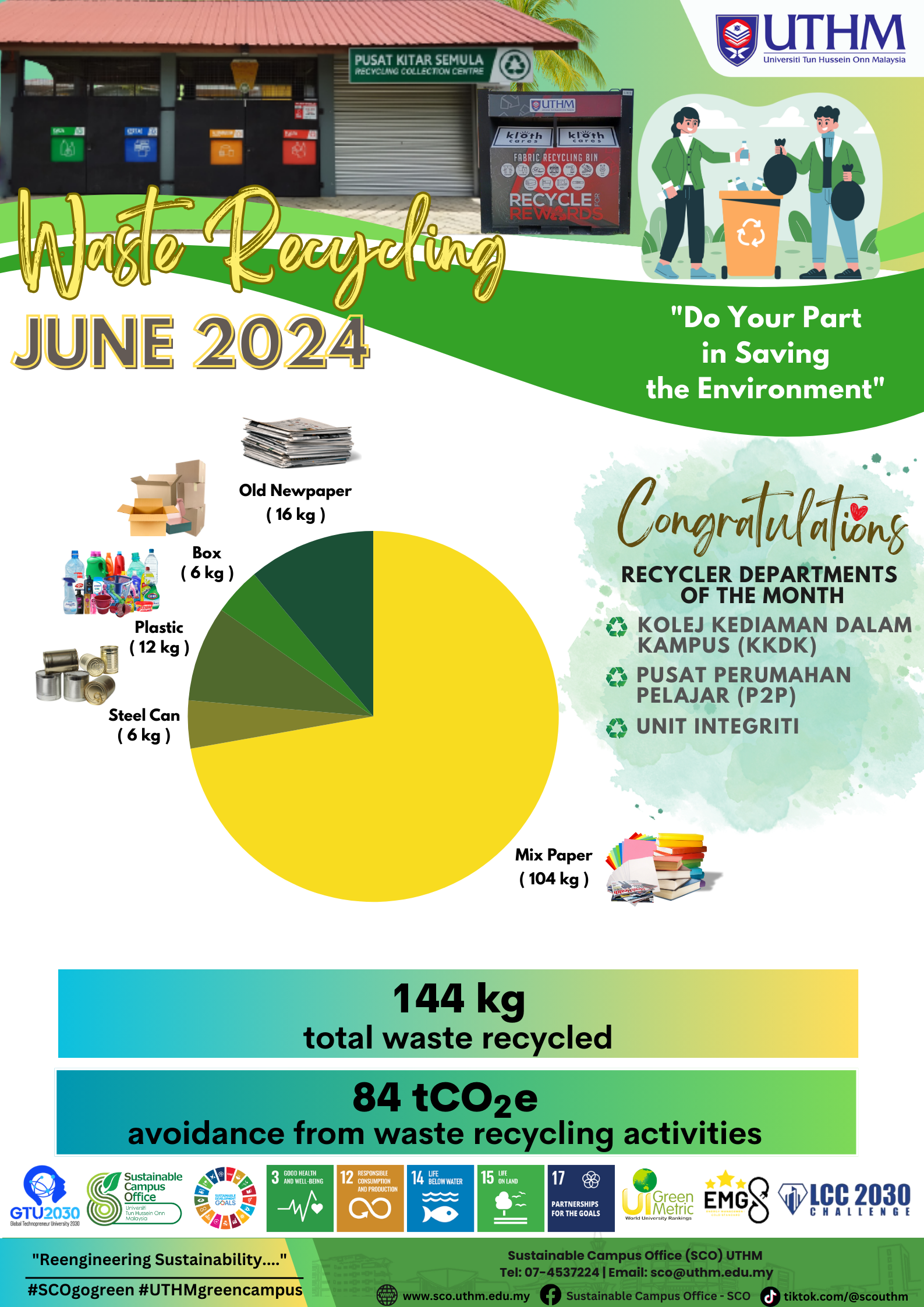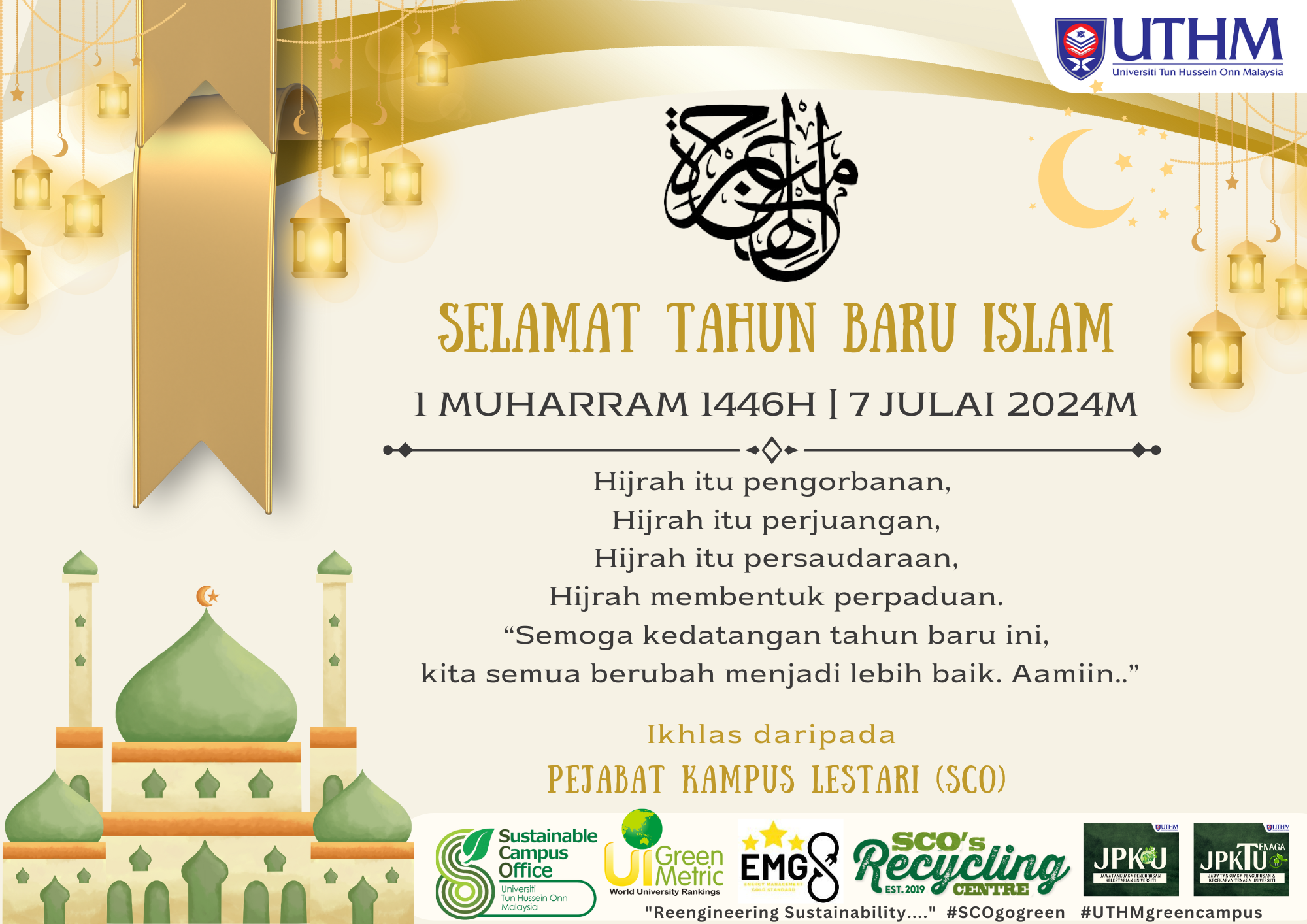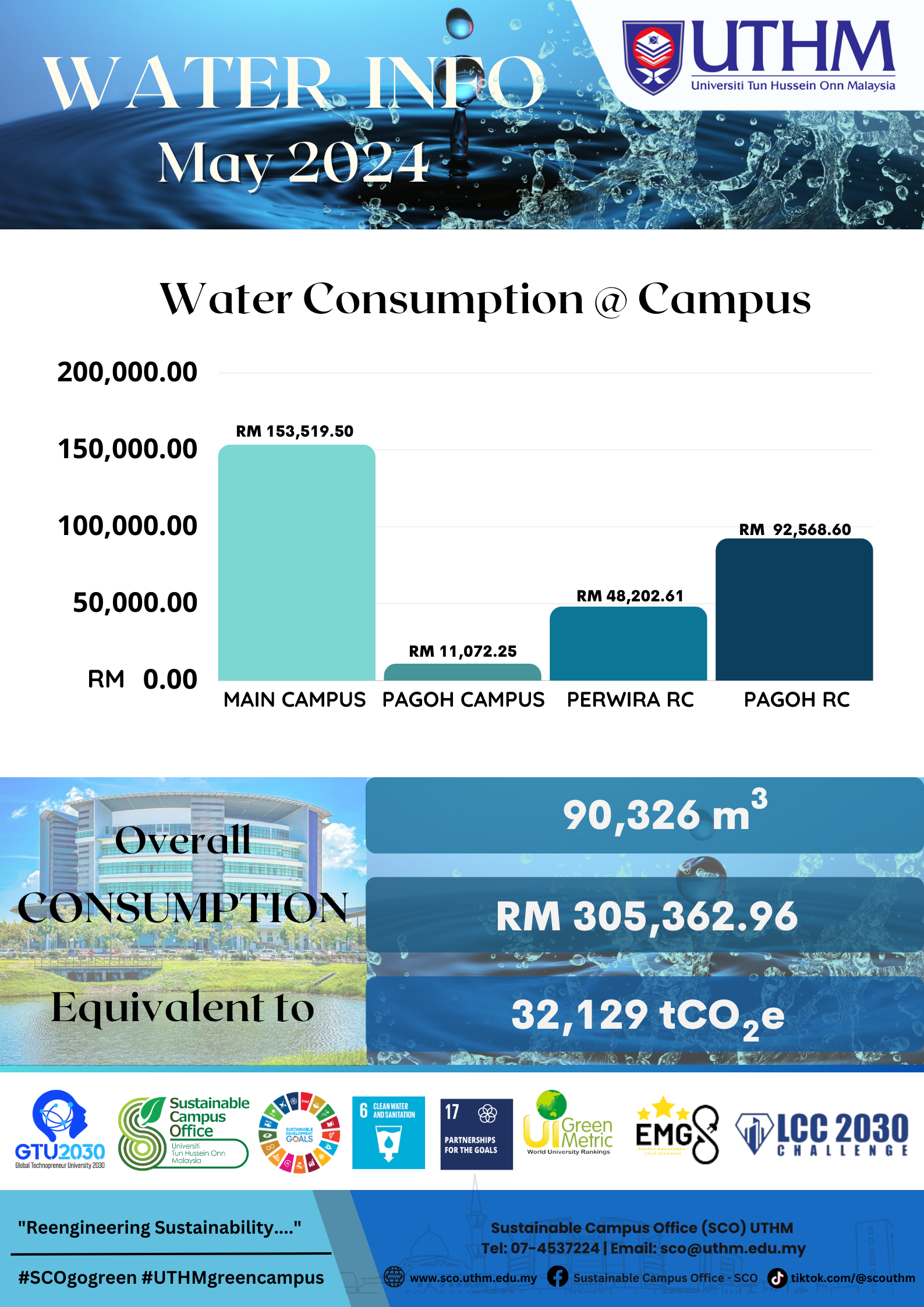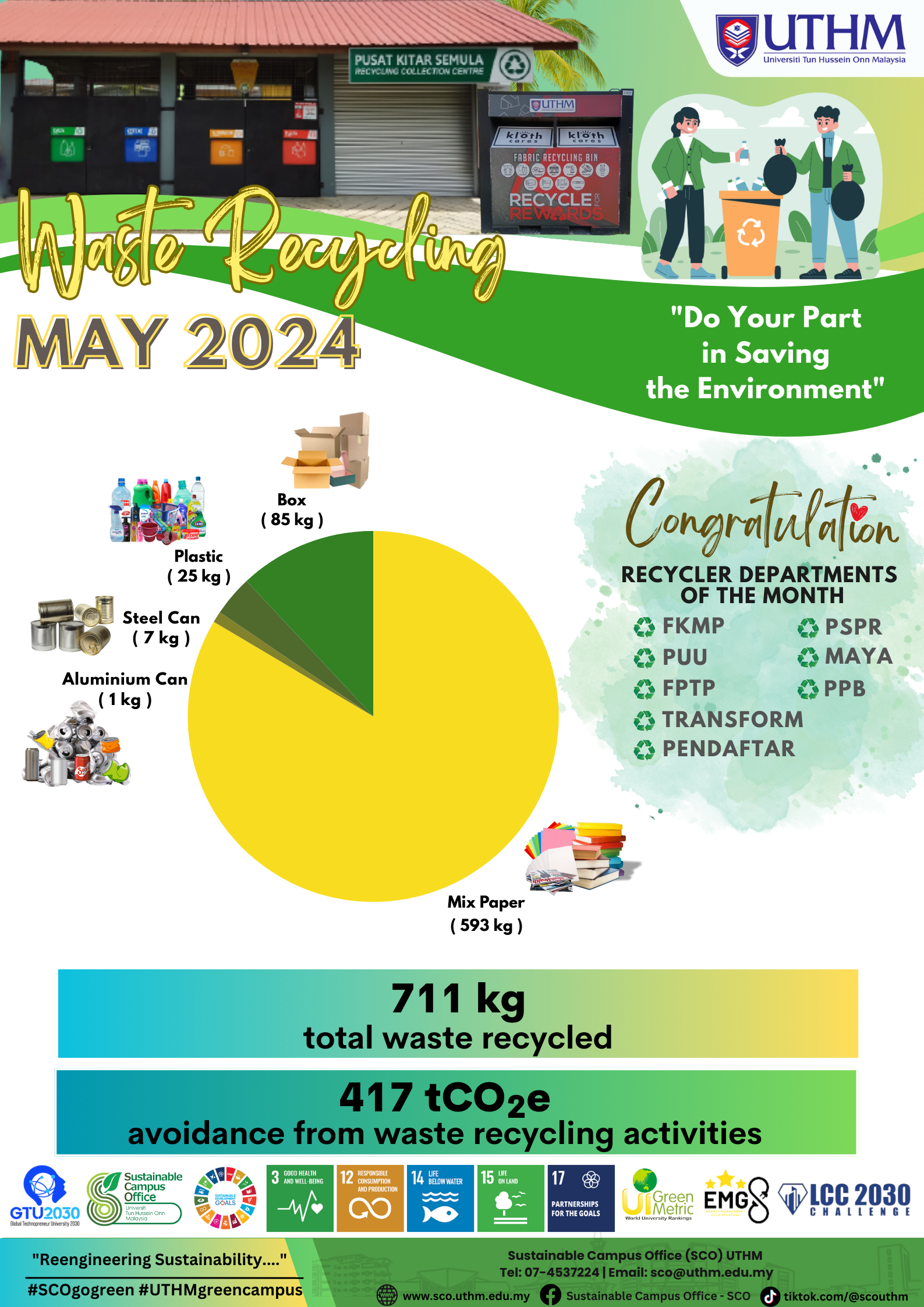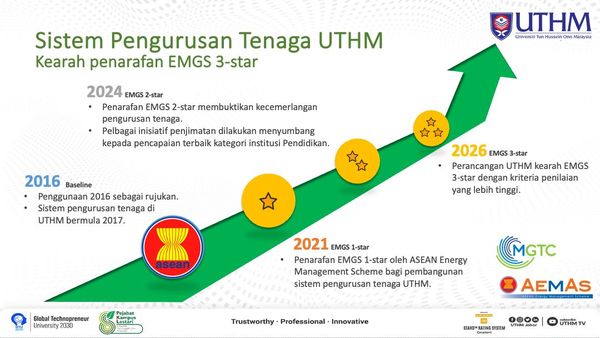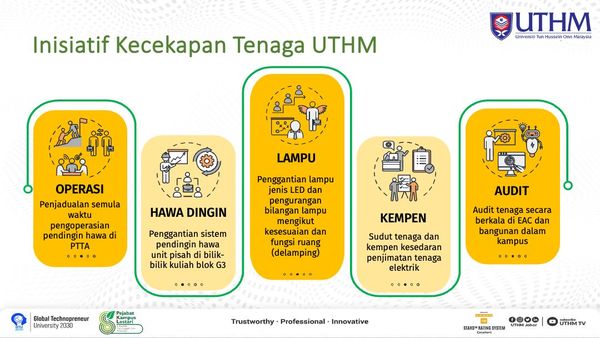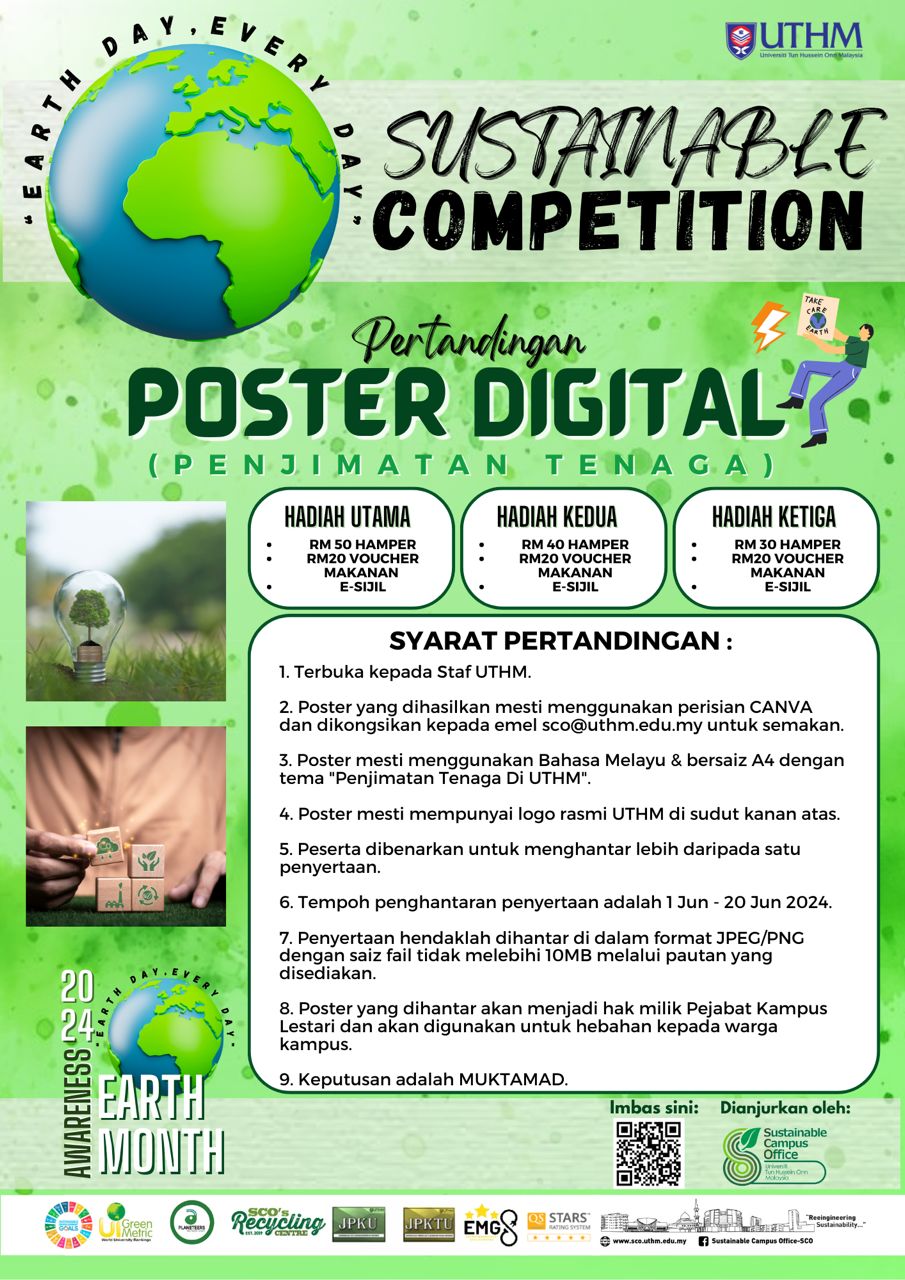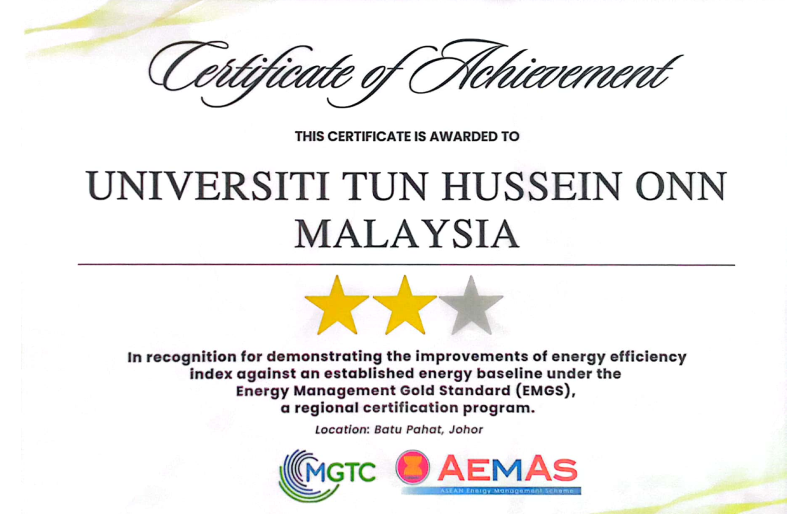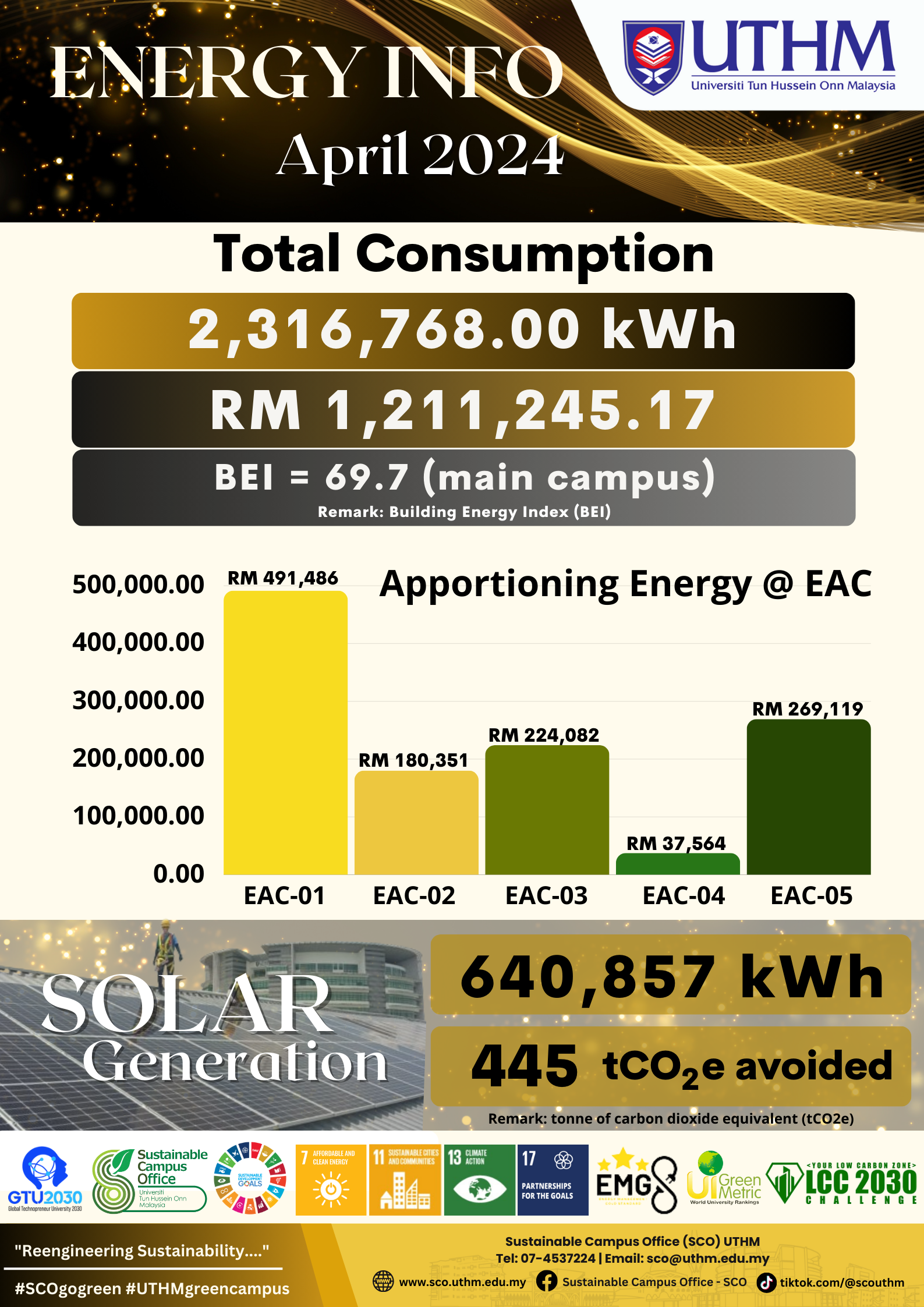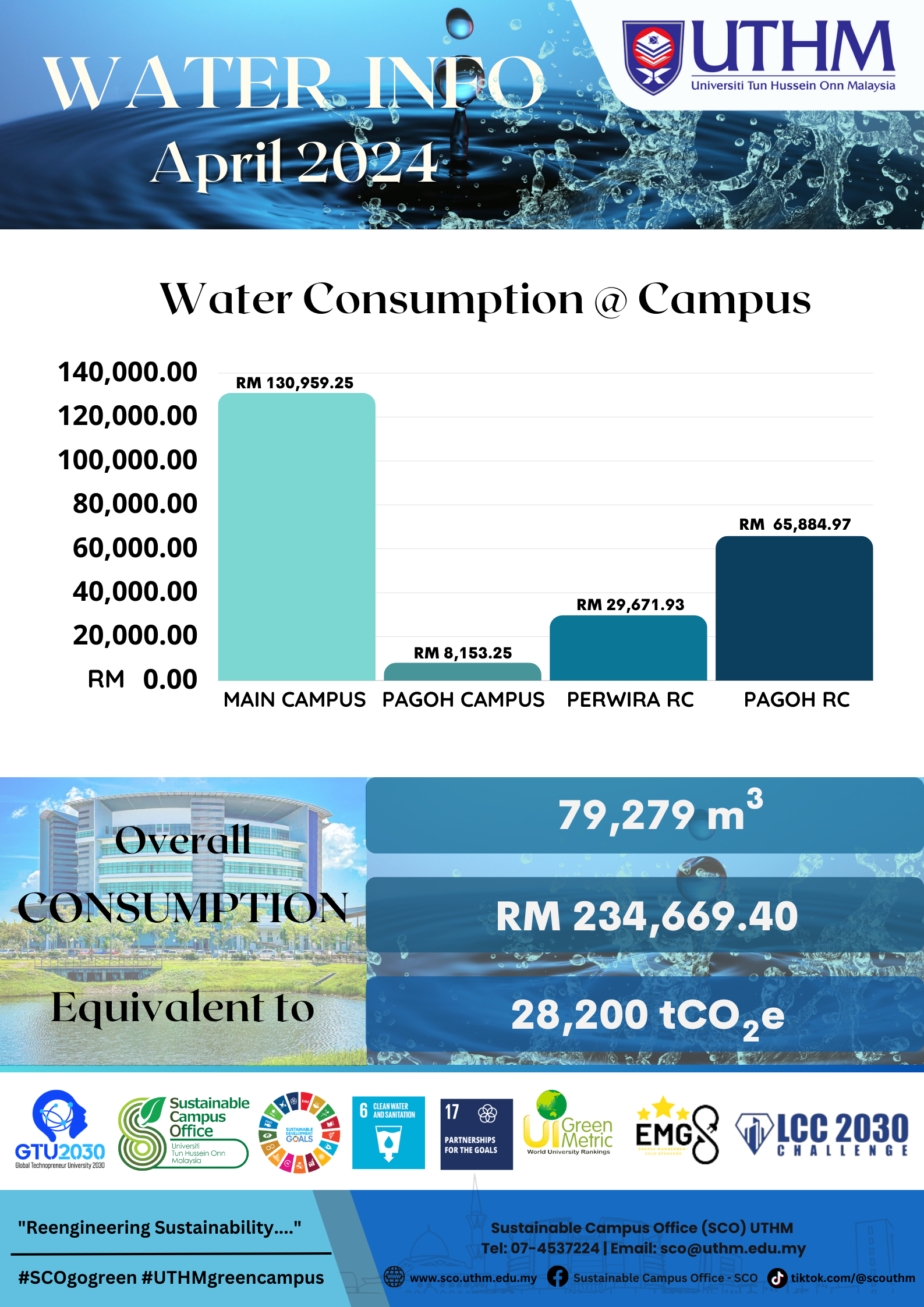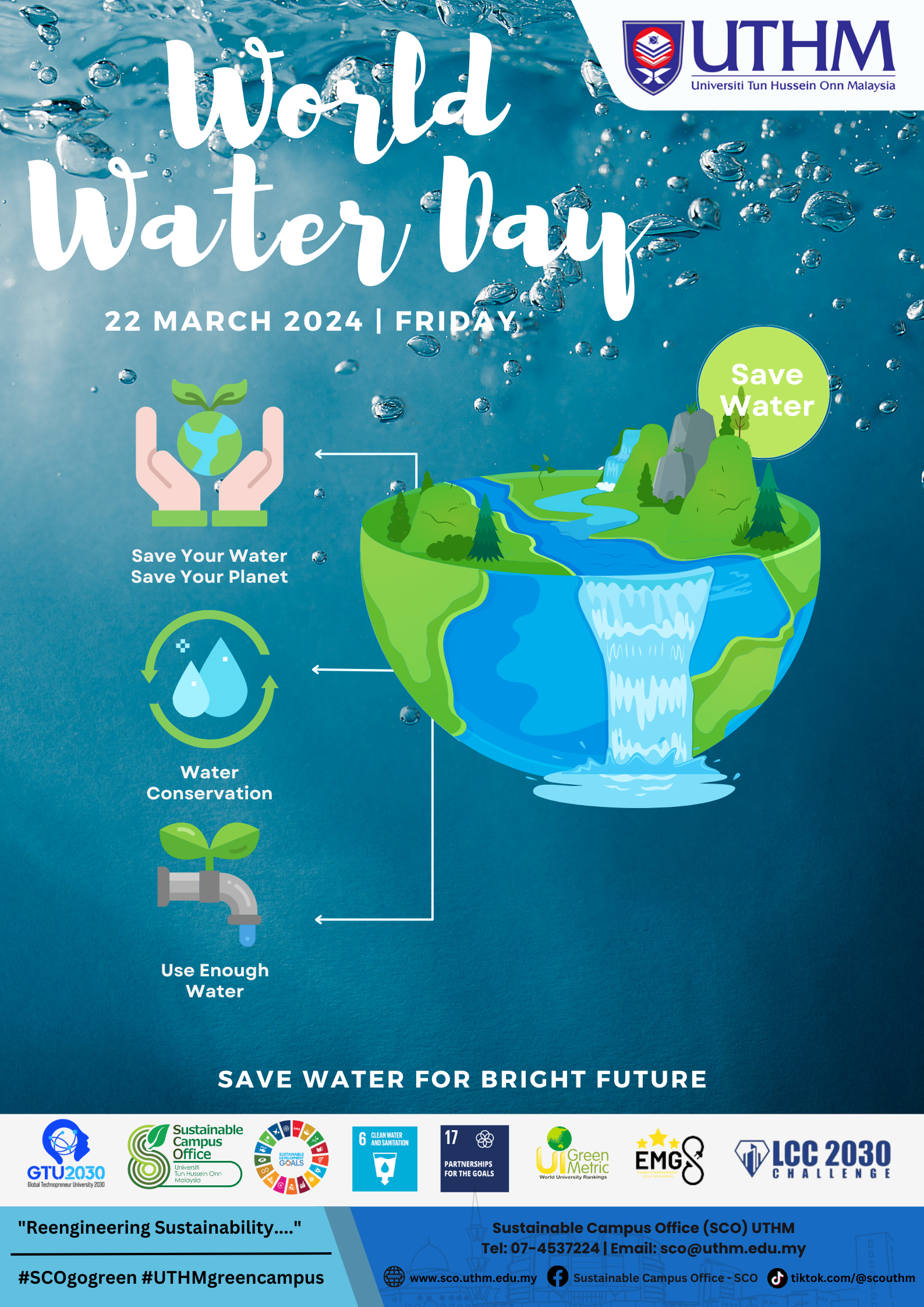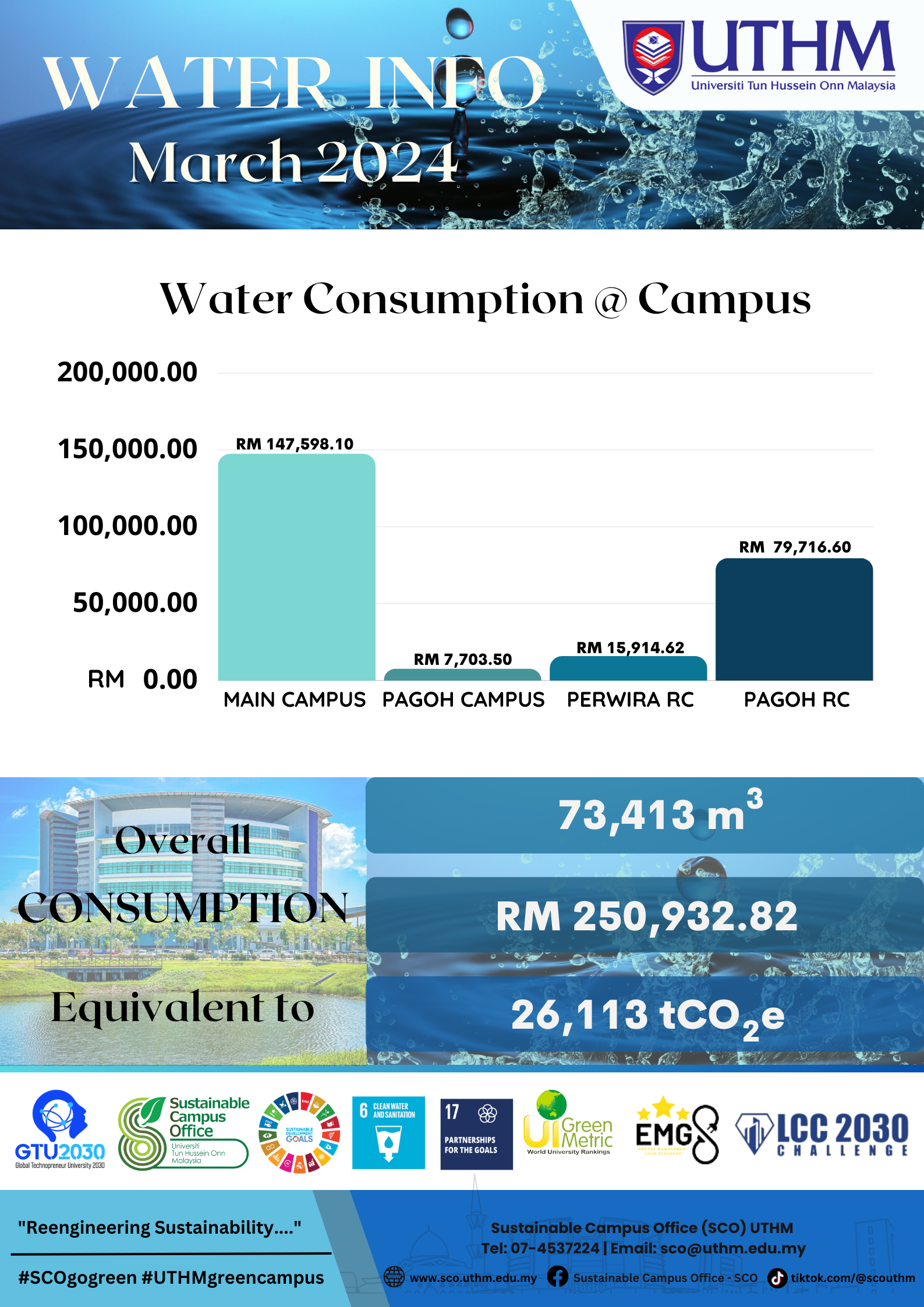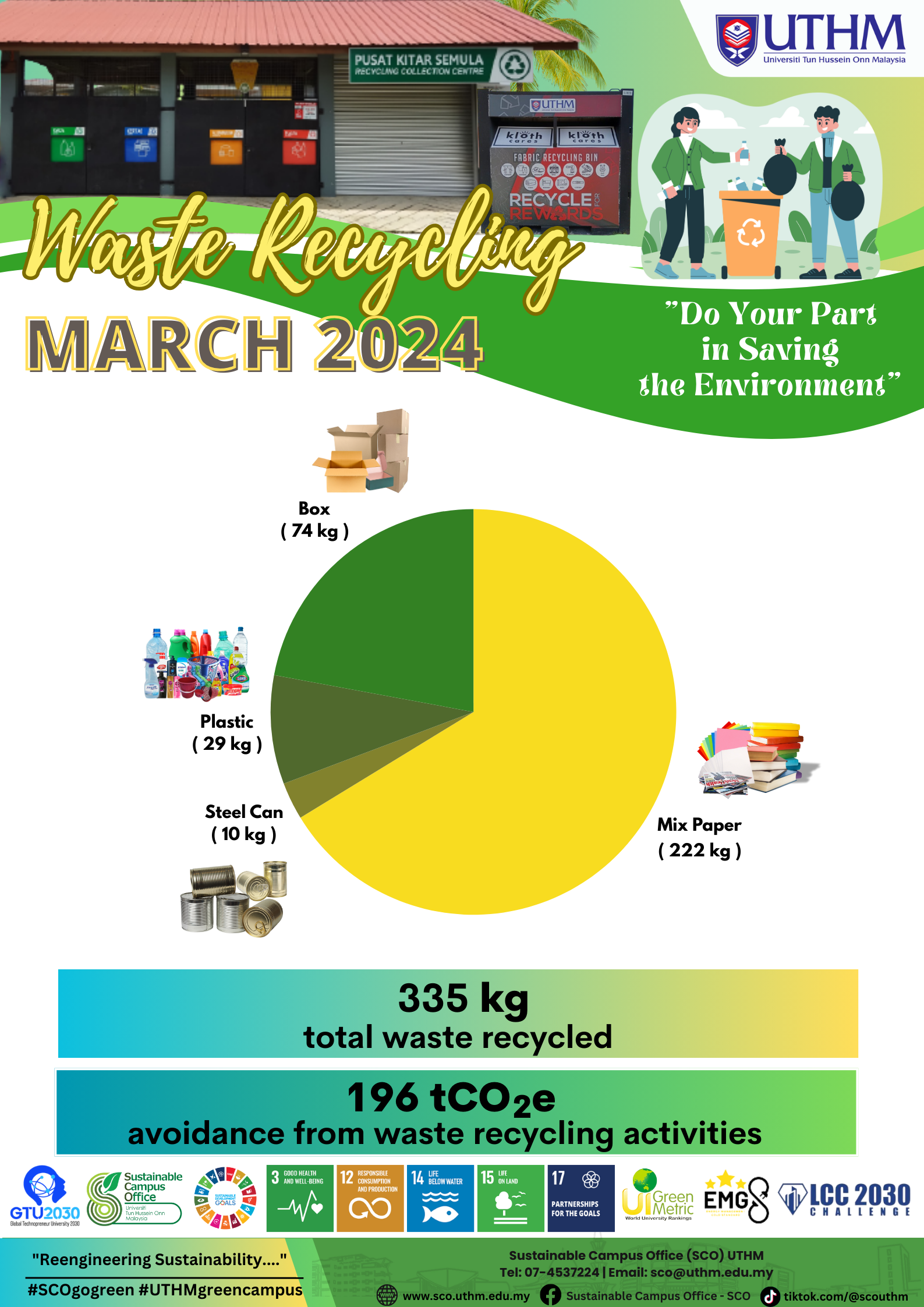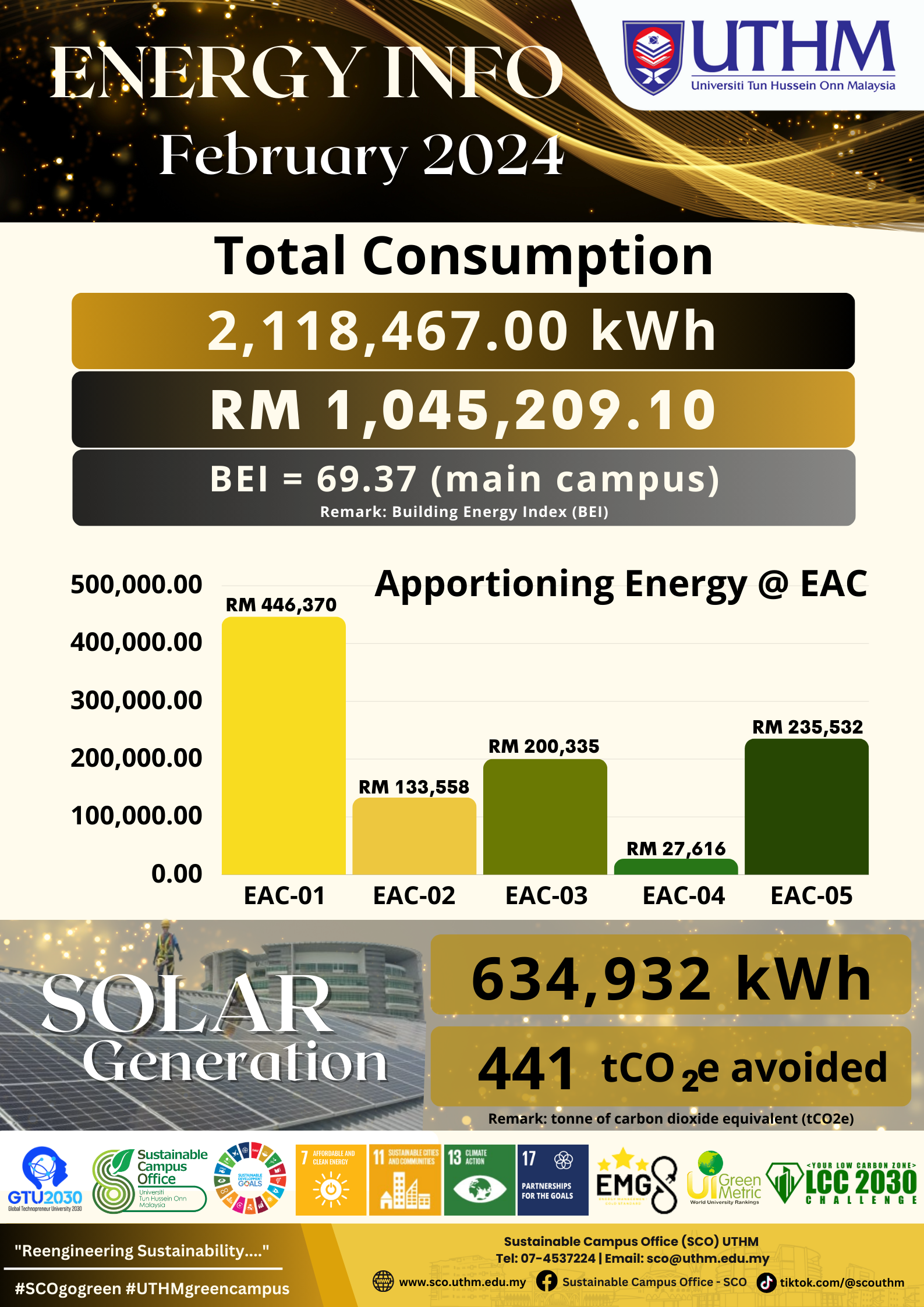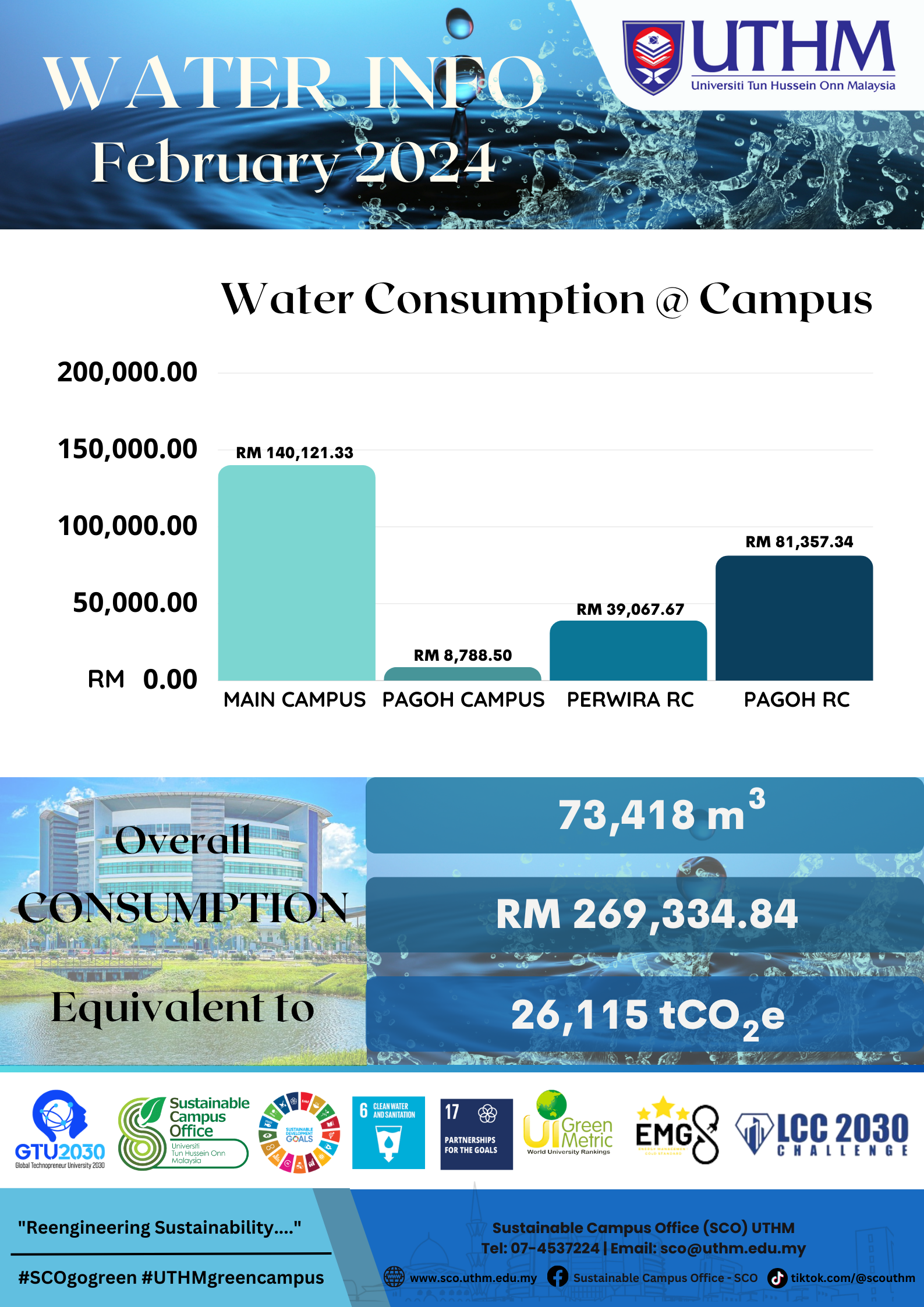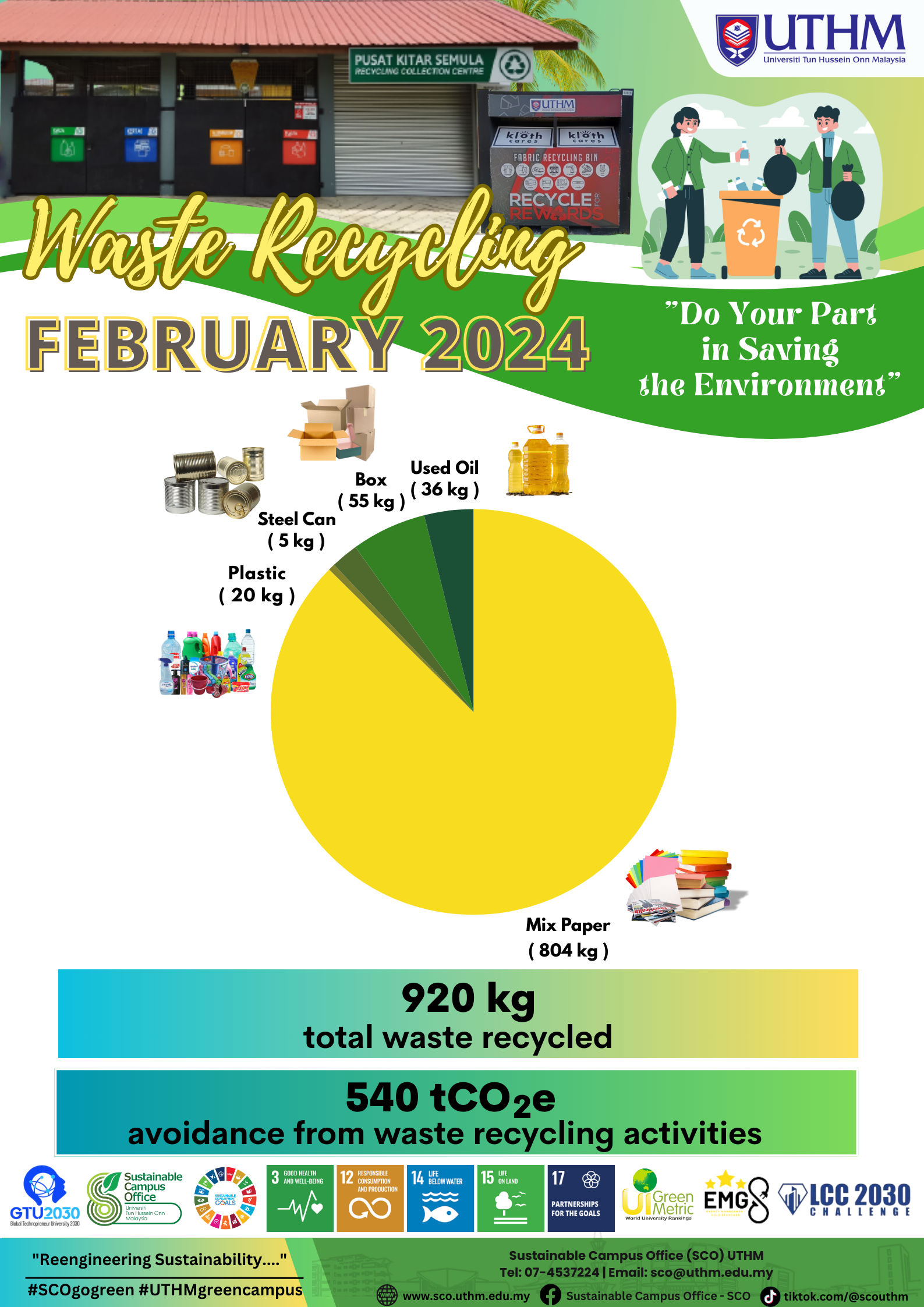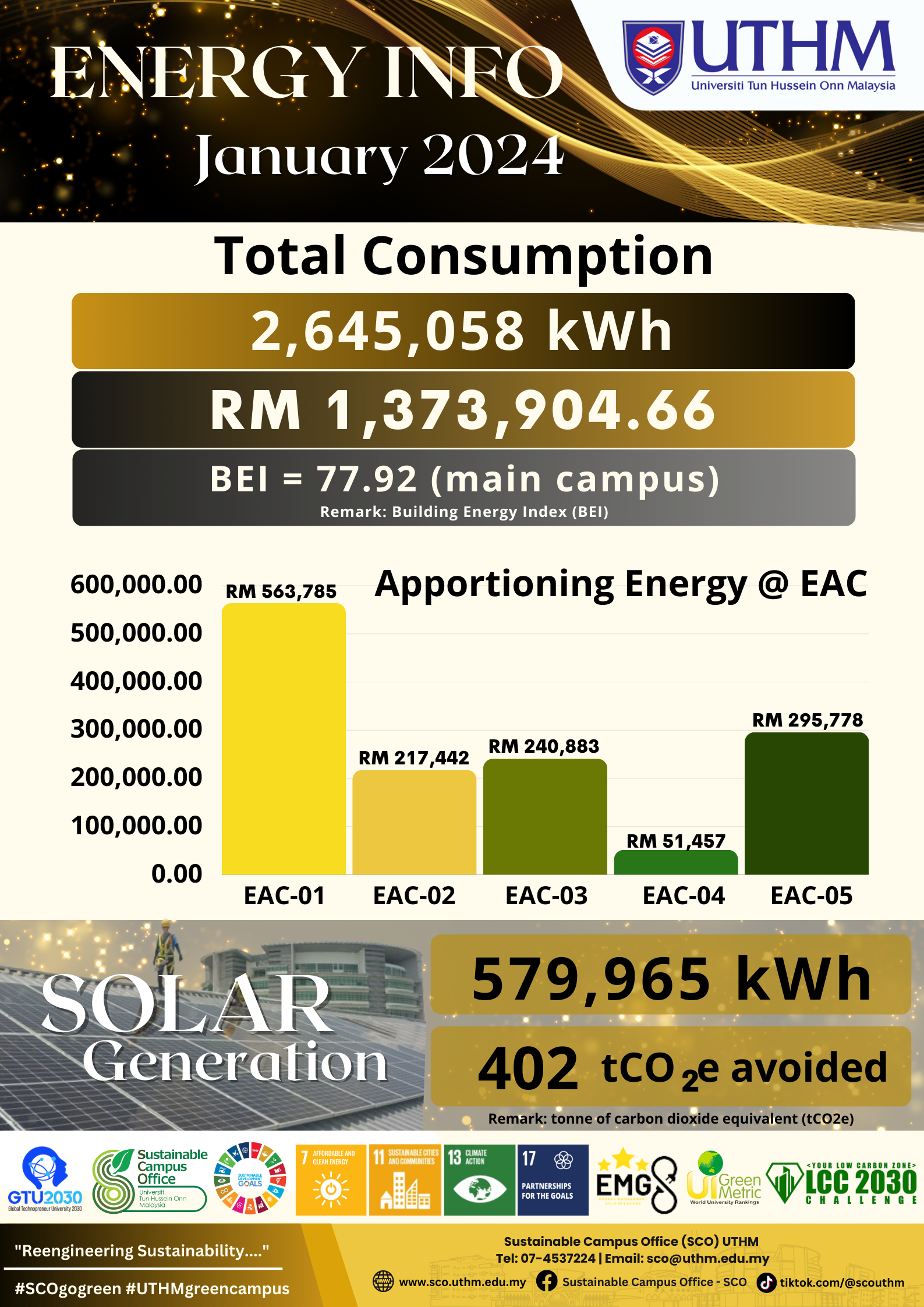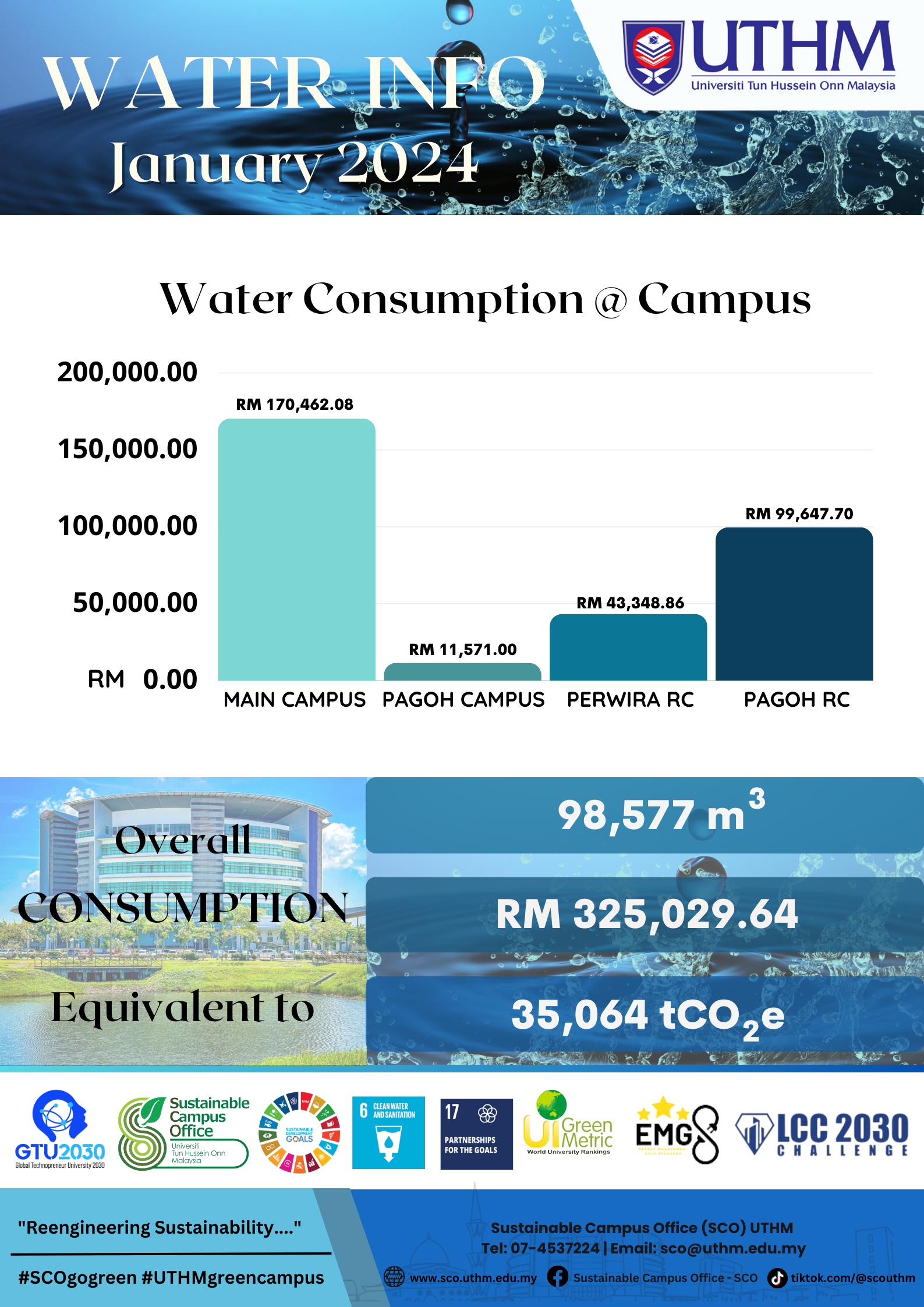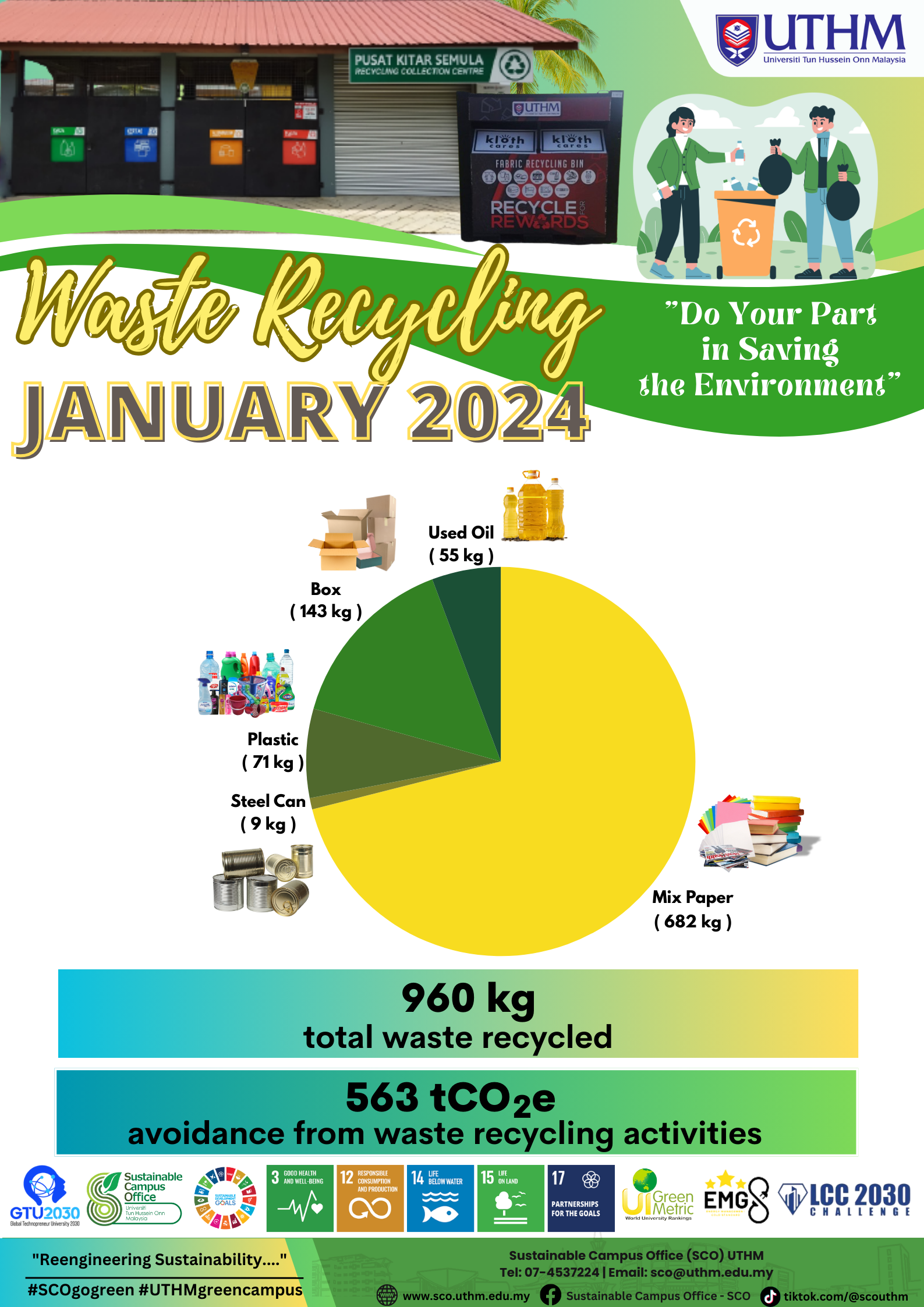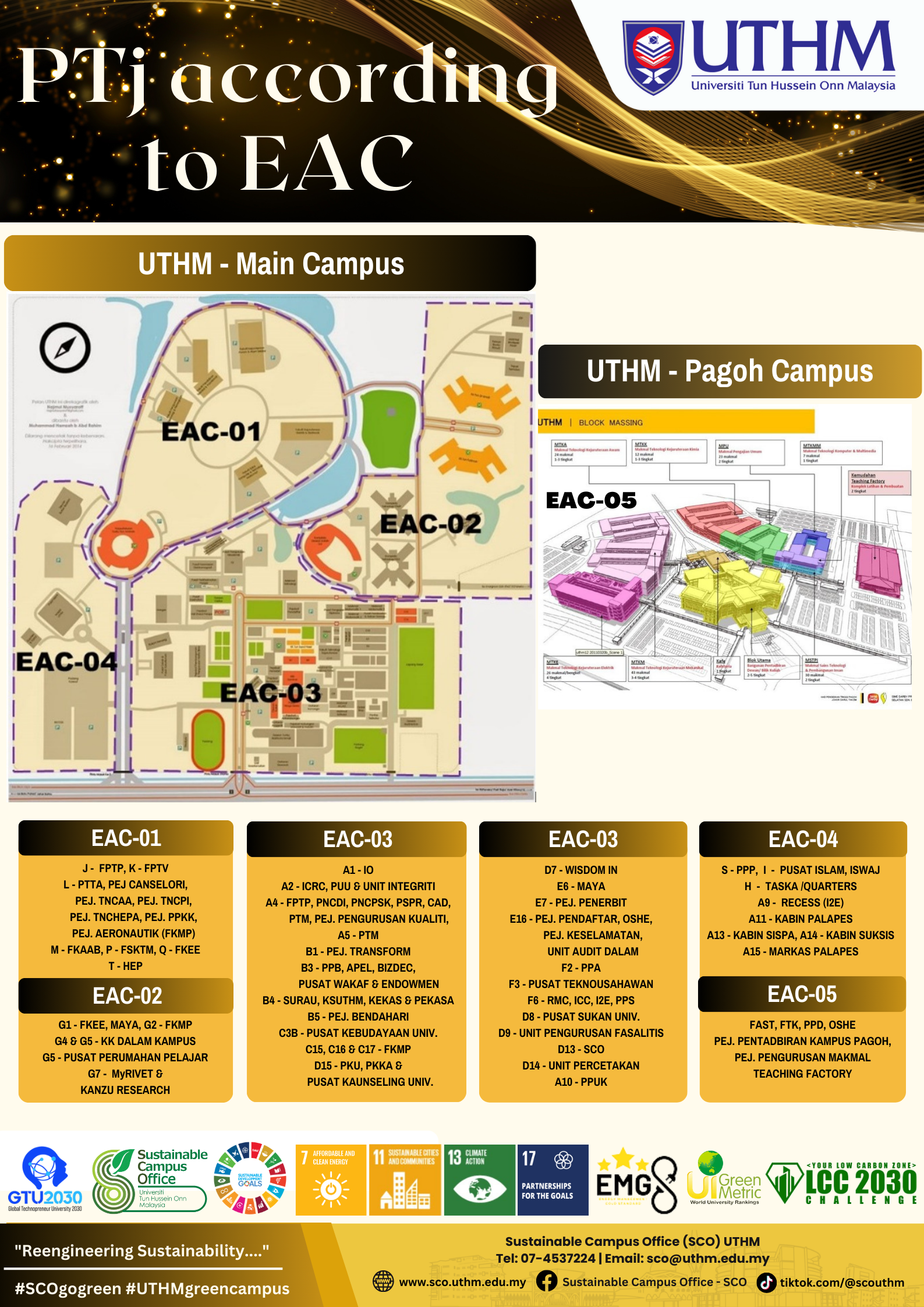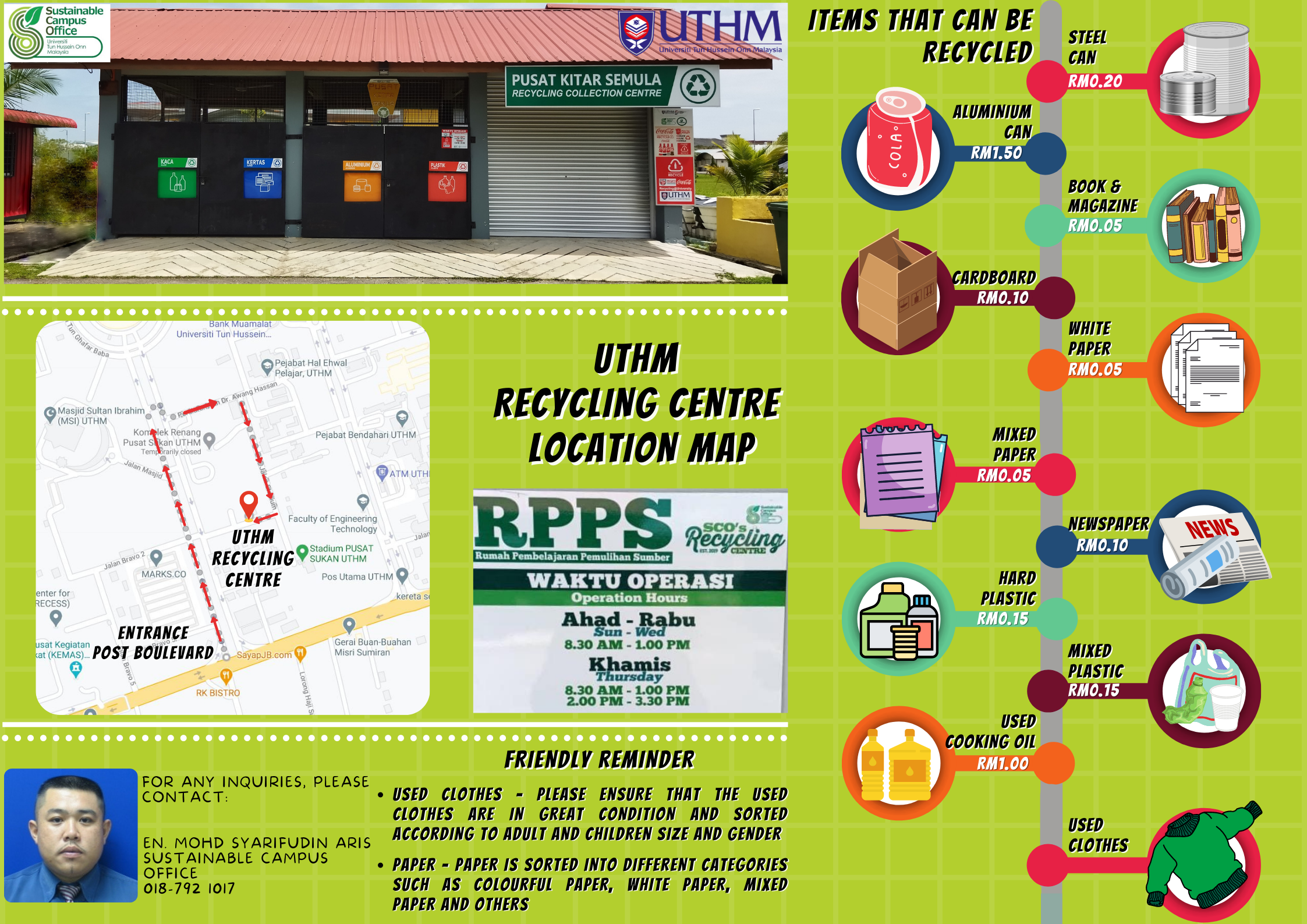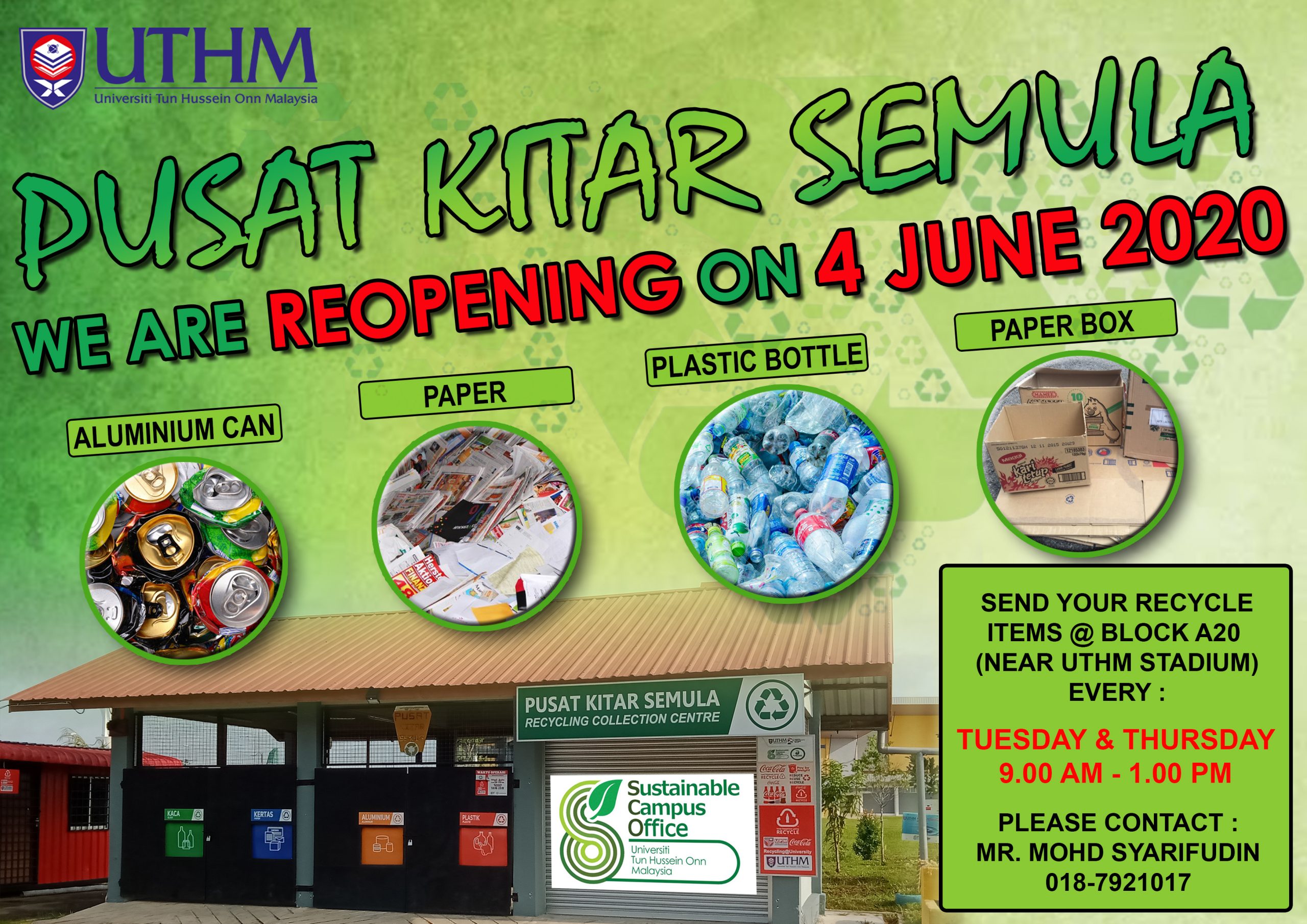Sustainable Businesses Should Be ‘Long-term Greedy’
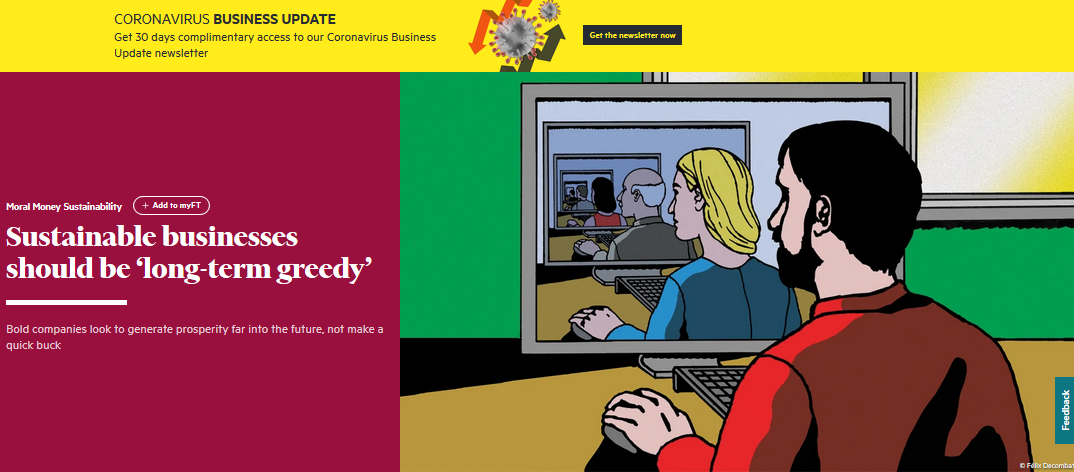
When economic historians look back at the present era in a century or two, they might struggle to make sense of the preponderance of a particular word — one that captures the preoccupations of businesspeople in the early 21st century but is devilishly hard to pin down. That word is “sustainability”.
Of course, we all have a general sense of what sustainability refers to. For most of the history of business, it was enough that a business made a profit. As the old phrase has it, the business of business is to stay in business. Sometime in the 20th century, however, the planet got a little more crowded and it became clear that the profit motive alone might not solve every resource allocation problem. It became evident that companies had better aim for something more than just returns on capital invested. A sustainable business is one delivering on that something.
What is it, then?
Part of the answer is about social responsibility: companies should be responsive to employees as well as shareholders, should not harm our common environment, should support civic life rather than enriching tyrants, and so on. But there is more to sustainability, I would argue, than collective responsibility. It is also about what kind of profit motive drives a business. Sustainable businesses are “long-term greedy”: they want to generate prosperity into the distant future, not make a quick buck. And they should create positive economic externalities, not extract economic rent.
Does this all sound a bit abstract? Perhaps, but happily the seven winners of this year’s FT ArcelorMittal Boldness in Business Awards provide concrete examples of what it means for a business to be sustainable in the fullest possible sense. And they show how sustainability in business requires intelligence, invention, courage and verve.
What is required for real sustainability is, in a word, boldness.
Let us start with one of the most straightforward forms of sustainability — the environmental one. Iceland Foods’ commitment to radically reduce — and eventually eliminate — both palm oil from its products and plastic from its packaging is admirable enough, considered in isolation. But it also dispels one of the most pernicious myths about environmental sustainability: that it is a luxury good to be indulged in only by well-to-do consumers and the top-shelf brands that cater to them. Iceland is a value brand, but it is also an excellent business that is in a good position to take responsibility for all the external costs its operations have the potential to create.
“A sustainable business is one that makes whole commercial networks work better — enriching all the participants, rather than separating the winners from the losers
Others should follow its example. Bold leadership is not a luxury good, and this year’s award for corporate responsibility and environment recognises that.
One of the most unfortunate facts of human nature (what we now call a “cognitive bias”) is the tendency to see all business situations as zero-sum. “Think win-win,” we are told again and again, but the point never seems to sink in. A good definition of a sustainable business is one that makes whole commercial networks work better — enriching all the participants, rather than separating the winners from the losers.
This magic is found particularly in information businesses, and this year’s developing market award winner, Gro Intelligence, is an information business with immense potential. By gathering disparate sources of agricultural data, and doing the analytic work of turning the data into decision-making tools, it is set to make agriculture businesses more productive. A bold project the judges were pleased to endorse.
Next comes a gritty, literal sense of sustainability: the sheer ability to stick with it. Bold businesspeople cling to their long-term vision for their business, even when short-term conditions are unfriendly.
I was reminded of how hard it is for long-term-oriented businesses to stick to their guns by a comment that Warren Buffett made at a Berkshire Hathaway annual meeting. He was asked by an investor whether Berkshire’s ability to buy high-quality private businesses outright would be maintained when he no longer ran the company. Business owners, the questioner suggested, are drawn to the Buffett mystique.
These opportunities had nothing to do with him, Buffett replied: owners who want to sell their businesses, but want to ensure they will be managed for the long run, have nowhere else to go. Public markets, private equity and everything in between — we live in a short-term world.
Ocado, the recipient of this year’s technology award, has borne the full weight of the market’s short-termism and come out the other side. The company and its founders endured years of pummelling from the markets as sceptics argued that a sufficient number of grocers would not adopt its technology for automating warehouses to facilitate grocery delivery, and the company would remain subscale for ever. (Full disclosure: even the FT’s Lex column under my editorship sided with the sceptics. We were wrong.)
“Others should follow Iceland’s example. Bold leadership is not a luxury good
The company stuck to its vision and the customers did appear, in Europe and the US, sending the share price rocketing. At a moment when Britain needs a technology success story, Ocado is providing one.
Next, a somewhat paradoxical meaning of sustainability: the ability to change. Fast Retailing, winner of this year’s drivers of change award, has struck a remarkable balance between price and quality in its clothing. The products are inexpensive but not disposable, not meant to be worn for a season and thrown away, as many brands in the same price range are. Indeed, the quality matches that of many high-priced brands, and is forcing them to adapt.
Fast keeps the pressure on rivals by continuing to invest in technology and efficiency. Quality is maintained because underlying processes change.
One of the most reliable ways to win in business is to stay focused on serving a permanent and unchanging human need — especially when that requires doing things in a new way. There is no human desire more fundamental than that to eat ice cream. The entrepreneurship award this year was, for me, an easy choice. Halo Top, a business started in a lawyer’s kitchen, made a place for itself in a market dominated by big, entrenched brands by delivering a low-calorie, high-protein product that was just better. Sustainable businesses, at a basic level, do not simply ensure customers pay up. They make sure those customers are happy.
Of course, there may be needs that have not yet been satisfied at all, except in dreams: in a nod to this, the judges’ pick for small company was Lilium, which may deliver a low-noise, no-emission air taxi — or, as it is known to the child in all of us, a flying car. A business, or a world, that stops dreaming boldly becomes unsustainable fast, after all.
A final definition of sustainability is one that in my mind is the most important. Truly sustainable businesses — which, I have argued here, are all distinguished by their boldness of spirit — are operated with the recognition that some things are more important than business. There are values to which all commercial endeavours are subordinate.
Sir Tim Berners-Lee, our person of the year, saw how the internet, which he did so much to bring to life, was put to use for the exploitation of individuals rather than their liberation. His latest endeavour, Inrupt, is trying to redesign the web to change this, putting individuals back in charge of their own information.
The judges hope to look back, years into the future, and see that the businesses we have recognised in 2019 are still growing, innovating and striking out for new territory. Bold business is sustainable business.
Source: https://www.ft.com/content/bd30c5ec-20a9-11e9-a46f-08f9738d6b2b
